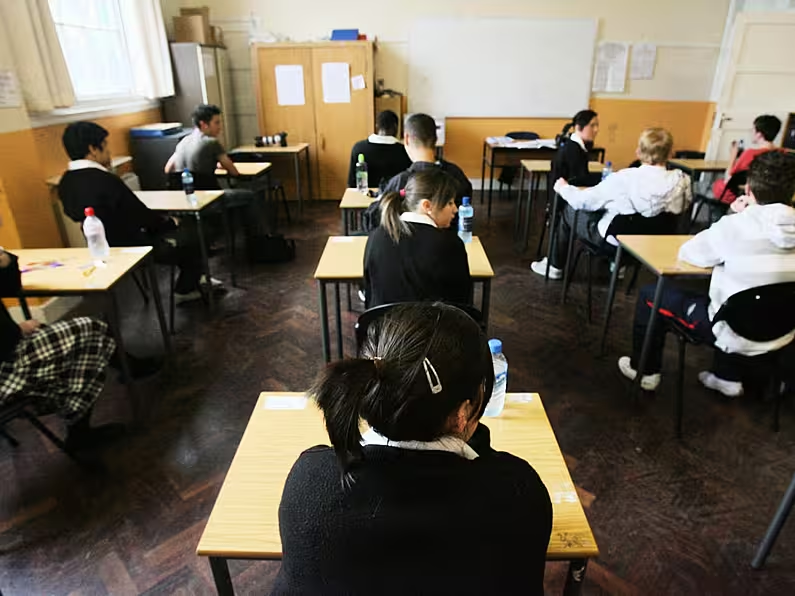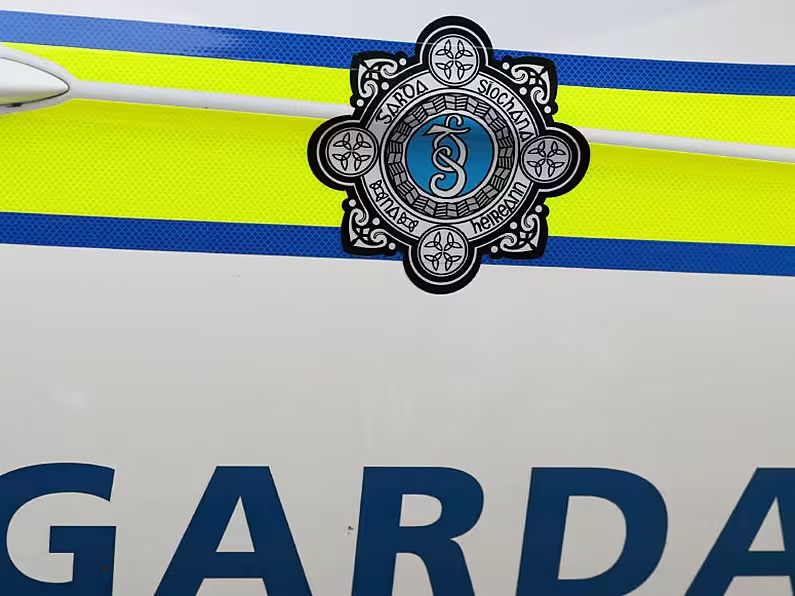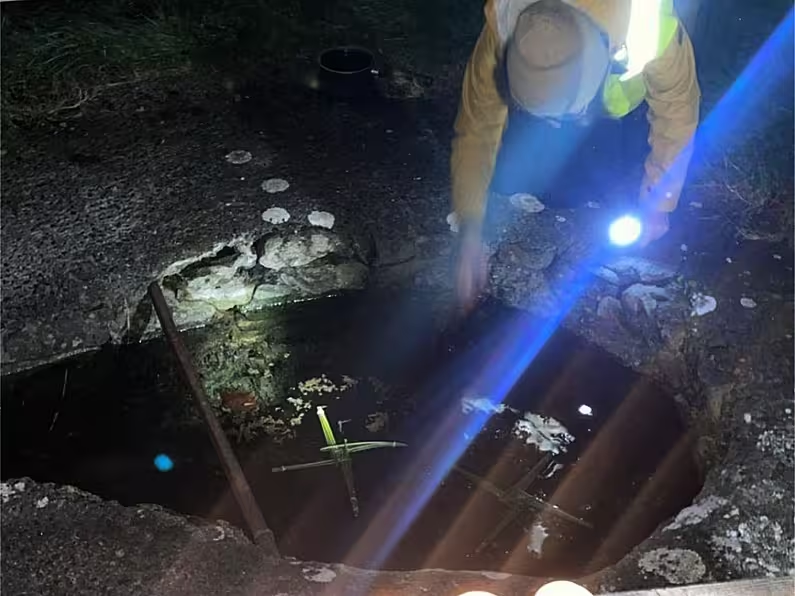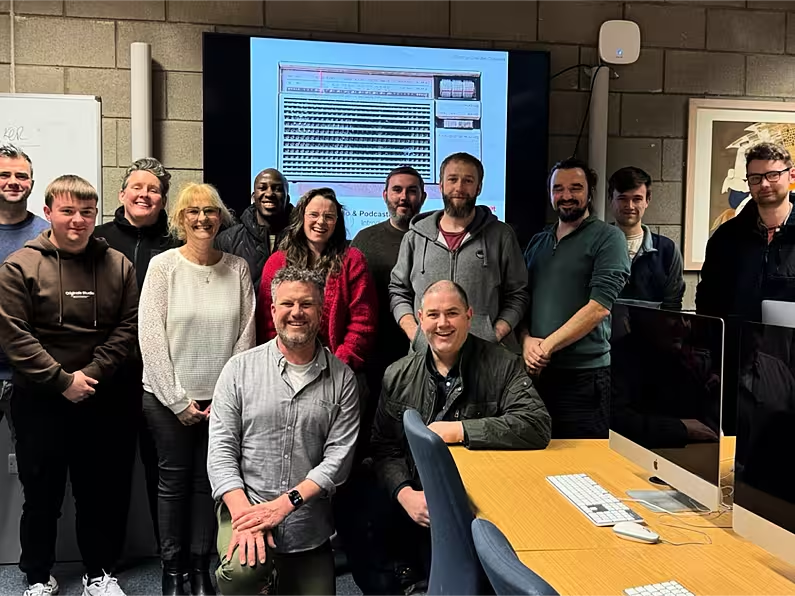David Raleigh
A “small number” of Leaving Cert students will “miss out” on their exams next week as a result of either being a confirmed Covid-19 case or a close contact, public health chiefs confirmed on Friday night.
The exact number of students impacted was not revealed, but the majority are understood to be in the Limerick region.
Sinn Féin spokesperson on education, Donnchadh Ó Laoghaire, said it was “entirely predictable” that students would miss written exams due to self-isolation and a back-up paper should have been prepared.
“These are students who made a conscious decision to take these exams. They studied, they completed projects and sat oral exams,” he said.
“None of that work will now count towards their Leaving Cert, through no fault of their own, as they have to self-isolate.
“This was entirely foreseeable, and there should have been a contingency plan there for them. I raised this months ago with the Minister [for Education], in several meetings and on the Dáil floor.”
Case ages
178 cases of the virus have been identified in Limerick in the past 48 hours, and the county represents 970 of the 1,100 cases identified in the mid-west since May 16th — including 830 over the past 14 days.
“The vast majority of new cases in recent weeks have been in the unvaccinated cohort, and this is why we are urging everyone to avoid indoor gatherings outside the public health guidelines, and we urge those who are unvaccinated to exercise extra caution this weekend if they are meeting friends and family outside their household,” a spokesman for Public Health Mid-West said.
A virtual meeting held earlier on Friday between the chief medical officer Dr Tony Holohan, deputy chief medical officer Dr Ronan Glynn, Minister for Health Stephen Donnelly, Limerick TDs and health officials heard that there was one person in intensive care at University Hospital Limerick, as well as seven more on the hospital’s Covid-19 respiratory ward.
Fine Gael TD Kieran O’Donnell, who attended the meeting, said that it heard one in two of the current cases in Limerick are aged between 19 and 44 years, while one in five cases are aged between 19 and 24.
The surge in Limerick is “predominantly city based” with a spread across the county also.
Hospital pressure
Daily Covid-19 case numbers reduced from 103 on Wednesday to 75 on Thursday, the meeting also heard.
“As you know, the chief medical officer has said he is not contemplating a lockdown for Limerick at this time. Lockdowns are policy, of course, but he said he doesn’t anticipate huge pressure coming on the hospital at the moment,” Mr O’Donnell said.
“He did reiterate however that people who are unvaccinated need to be very careful and stay in crowded situations.”
Meanwhile, Dr Mai Mannix, director of Public Health Mid-West, said that while the advice from Dr Holohan not to place Limerick in lockdown would be “a welcome relief for many people, we now have a collective responsibility to be extra safe this bank holiday weekend, so that we can curtail this large community outbreak quickly”.
“If high-risk indoor activity continues, we will see an increase in cases and may find ourselves in a more troubling position,” Dr Mannix said.
According to HSE Mid-West Community Healthcare data, more than 17,000 people have availed of free walk-in testing at two Covid-19 centres in Limerick since May 16th.
Testing capacity at the pop-up clinic at St Joseph's Health Campus, Mulgrave Street, will be doubled today and a second pop-up clinic is to be set up in Limerick next week.
Variant testing
Public Health Mid-West stated there was “no evidence at the moment that any of the newer variants are driving the increase in cases in Limerick”.
All confirmed cases from Limerick are being sent for testing for variants.
Public Health Mid-West has meanwhile reiterated its appeal urging the people of Limerick “to enjoy the bank holiday weekend in a safe and responsible manner, as we continue to manage a concerning level of Covid-19 in the community”.
“The catalyst for this multi-community outbreak was indoor gatherings, including household visits, organised small to large social events, family and extended family gatherings, birthday parties, and house parties," it said.
“This has had a significant knock-on effect in the community, adversely affecting settings such as workplaces and schools. We are aware of a number of outbreaks that have led to local businesses and schools to temporarily close, and the clusters have compounded active outbreaks in the community.”













